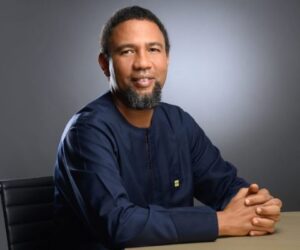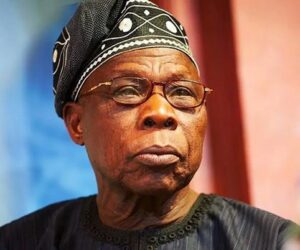The world passed a major digital milestone in 2025 as 5G subscriptions soared to 3 billion, representing one-third of all mobile broadband connections globally.
But despite this rapid expansion, a new report from the International Telecommunication Union (ITU) shows that huge disparities persist, exposing a widening quality gap that risks leaving poorer nations behind in the race toward meaningful connectivity.
The ITU’s Facts and Figures 2025, released on Monday, reveals that global Internet use continues to grow, with an estimated 6 billion people, around three-quarters of the world’s population, now online. That represents a gain of more than 240 million new users compared with 2024. Still, 2.2 billion people remain offline, and the overwhelming majority, 96 percent, live in low- and middle-income countries.
While basic access has improved, the ITU warns that the nature of the digital divide is shifting. Increasingly, it is not just about being connected, but about the speed, reliability, affordability, and skills that determine how meaningfully people can participate in the digital economy.
“For much of the world, 5G is becoming the new baseline for mobile connectivity. But the benefits are not being shared equally. This report highlights how today’s digital divides are defined by quality, by whether the connection is fast, reliable, affordable, and accompanied by the skills needed to use it,” said Doreen Bogdan-Martin, ITU secretary-general.
According to the report, 5G networks now cover 55 percent of the global population. Yet access remains severely unequal. High-income countries enjoy 84 percent 5G coverage, while low-income countries stand at just 4 percent, an almost 20-fold gap.
The disparity is also reflected in data usage as a typical mobile user in a high-income nation consumes nearly eight times more data than a user in a low-income country, underscoring the limits imposed by slower networks, higher prices, and lower digital literacy.
Even as 4G and 3G networks reach most people worldwide, the ITU warns that these older technologies are increasingly inadequate for emerging digital services, artificial intelligence applications, and data-heavy platforms that now shape global commerce, education, and healthcare.
Affordability remains a major obstacle. The report shows that while the median price of mobile broadband has decreased globally, Internet access is still unaffordable in about 60 percent of low- and middle-income countries. This persistent cost burden limits the ability of millions to take advantage of online opportunities.
Digital skills represent another critical gap. While most users have basic abilities, such as using email or browsing online, advanced skills like digital content creation, cyber safety, and problem-solving remain underdeveloped, slowing progress toward universal and meaningful connectivity.
Cosmas Luckyson Zavazava, director of the ITU’s Telecommunication Development Bureau, stressed that achieving equitable digital progress requires coordinated global action. “Reliable data are the foundation of effective digital policies. By directing resources where the needs are greatest, in infrastructure, skills, and data systems, we can ensure that no one is left behind,” he said.








